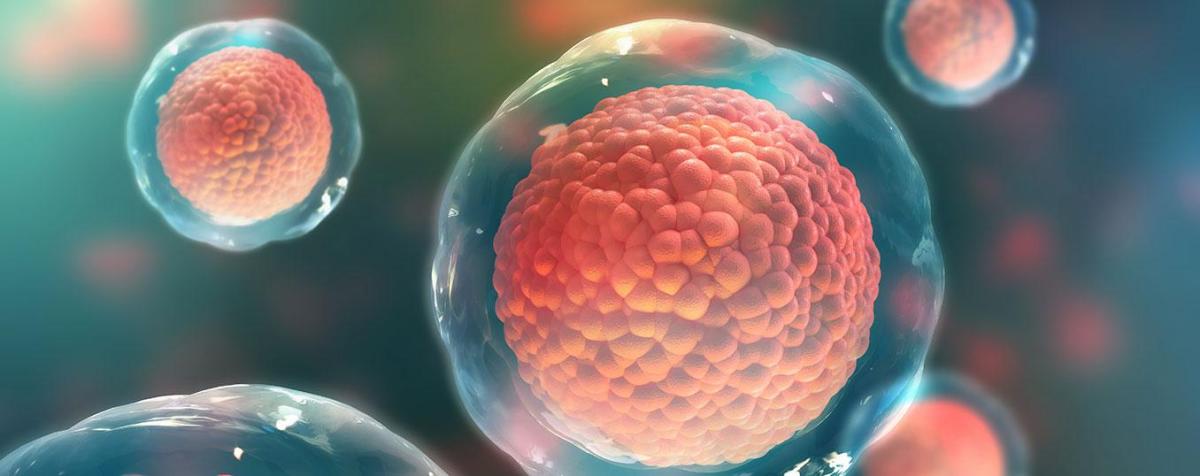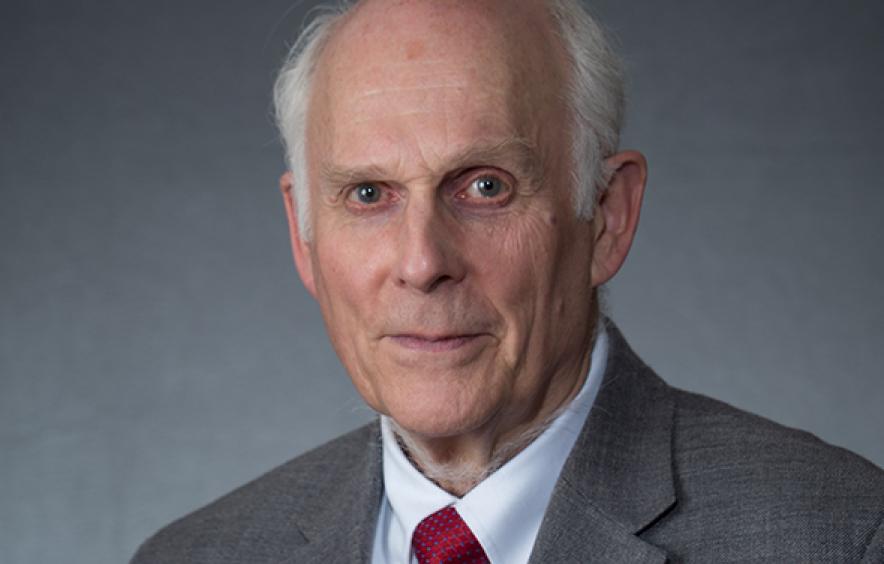Advancing Cancer Imaging Technology through Collaboration
A long-term joint effort between DU and the University of Chicago explored new imaging methods for cancer patients
Our Partnership
At the Electron Paramagnetic Resonance (EPR) Center, scientists from the University of Denver, the University of Chicago and other institutions pursued novel methods of imaging cancerous tumors, developing a wealth of knowledge around cancer imaging that could offer improved outcomes for patients in the future. Leveraging the combined resources of these institutions and their scholars, the project launched in 1996 and has seen the publication of over 400 articles from results obtained through the partner study.
About DU Research
We leverage cross-institutional collaboration to address some of today’s most pressing challenges, producing interdisciplinary solutions that influence policymakers to effectively serve the public good. From Stanford to UChicago to NYU, we’ve refined our collaborative process through years of mutually beneficial relationships with institutions nationwide to understand and address challenges like climate change, HIV and youth homelessness.
DU’s current research efforts have been featured in news outlets like The New York Times. They include…
- exploring the effects of felony disenfranchisement.
- employing lasers as the medium for quantum science.
- using theatre to heal and rehabilitate inmates.











